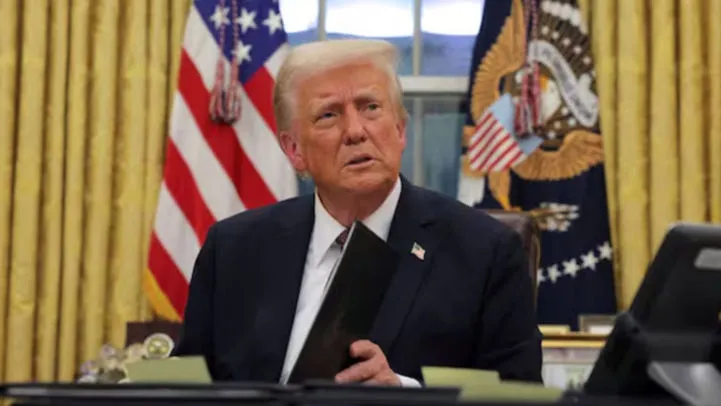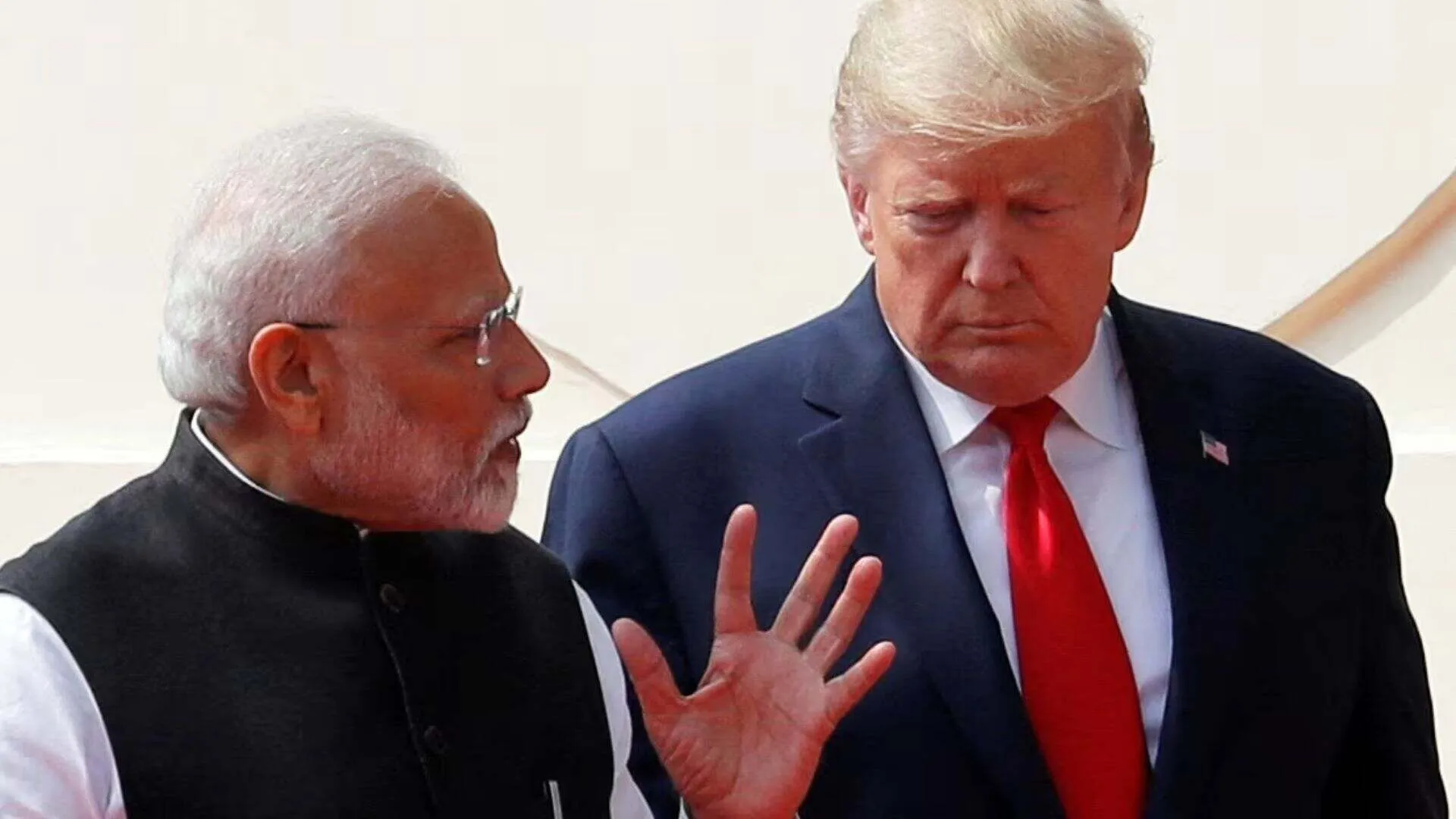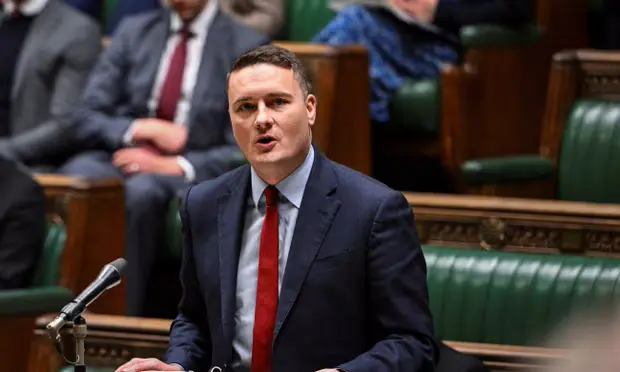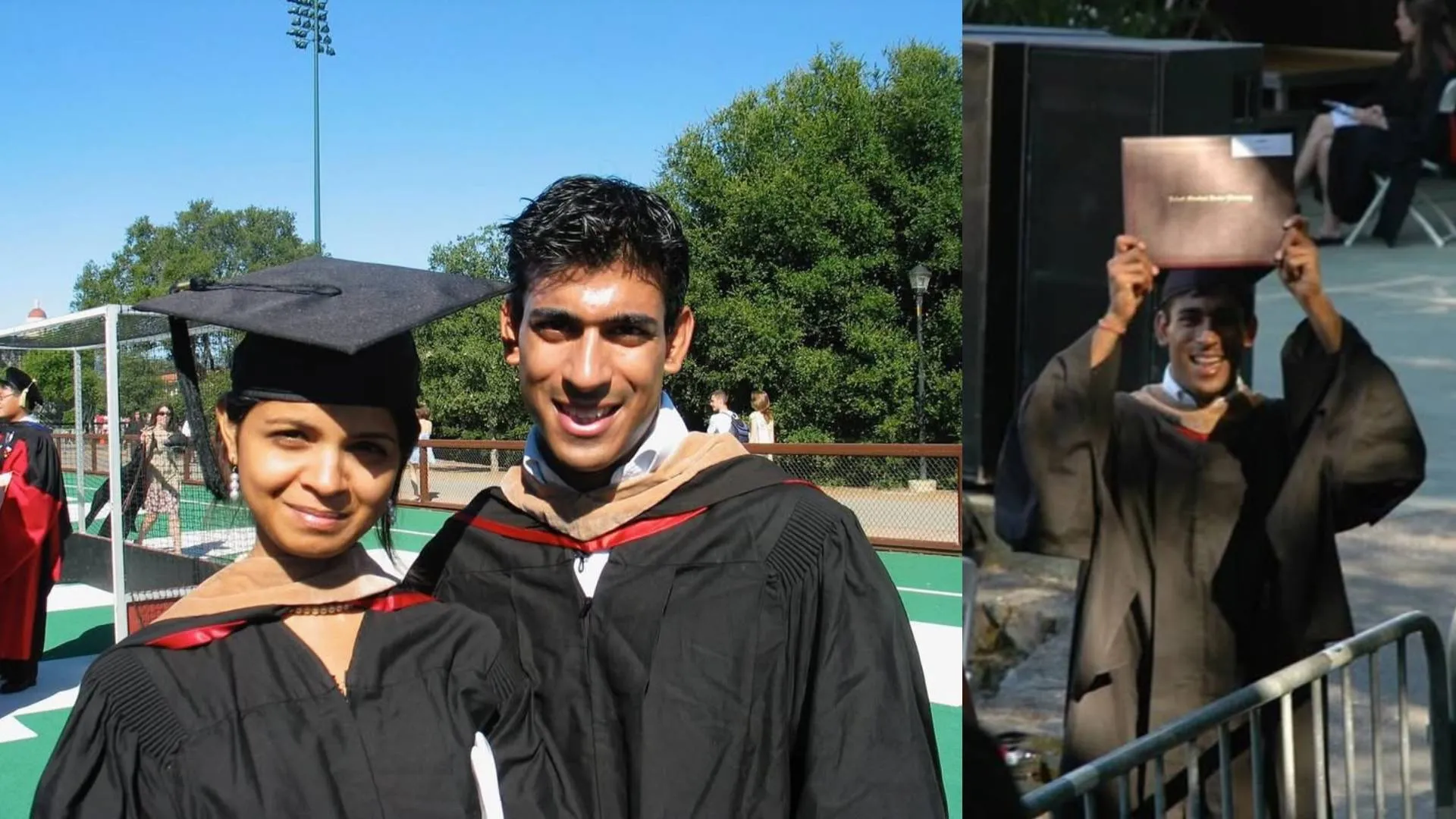As the 2024 Summer Olympics draw near, Paris is bustling with activity. Bridges across the Seine are closed to traffic, and towering metal bleachers rise along its banks. Olympic banners flutter over sidewalks fenced off for security. Yet, as Paris readies itself for a global celebration of athleticism, France is gripped by an unprecedented political crisis.
The turmoil stems from an inconclusive snap election earlier this month, leaving the National Assembly fragmented and without a clear path to a governing coalition. The New Popular Front (NFP), an alliance of Socialists, Communists, Greens, and the hard-left France Unbowed (LFI), secured 193 seats in the 577-member lower chamber. President Emmanuel Macron’s allies garnered 164 seats, while the far-right National Rally (RN) took 143.
Despite its numerical advantage, the NFP has been paralyzed by internal discord. Ideological rifts, particularly between the LFI and the more moderate Socialists, have thwarted the search for a consensus prime minister. The absence of a unified candidate capable of surviving a confidence vote has left the government in a state of suspension at a crucial moment.
This political vacuum was starkly highlighted when the government of Prime Minister Gabriel Attal resigned on Tuesday. This move, signaling the depth of the impasse, comes as France prepares to host the Olympics, a period demanding exceptional organizational and security efforts. The resignation underscores the weakened state of Macron’s pro-business party and its diminished influence in Parliament.
Macron’s appointment of the 35-year-old Attal in January was initially seen as a strategic move, positioning the young politician as a potential successor. However, this narrative of rising political competence has been replaced by one of administrative inertia, casting a shadow over the Olympic preparations.
Karl Olive, a member of parliament from Macron’s party, suggested that the current caretaker arrangement might persist. “Gabriel Attal is prime minister, maybe he will be for a few weeks yet,” Olive remarked on CNews television. He hinted that Macron might keep Attal in place until after the Paralympic Games, which conclude on September 8.
The streets of Paris, poised to celebrate the summer games, are instead abuzz with talk of political instability. The aftermath of the election announcement saw violent protests in Paris, a worrying sign as the city gears up for the Olympics. The prospect of renewed unrest during the games raises concerns about the capability of a caretaker government to manage potential crises.
The political paralysis poses significant risks to the efficient handling of urgent decisions and emergency responses related to the Olympics. While the full impact of the political crisis on the games is yet to unfold, the intersection of political instability and global expectations is a ticking clock.
As Paris prepares to showcase its charm and resilience to the world, France must confront its internal discord. The coming weeks will be a test of the nation’s ability to navigate through political turmoil while hosting an event of Olympic proportions. Whether France can rise to this dual challenge remains to be seen, but the eyes of the world are watching closely.























